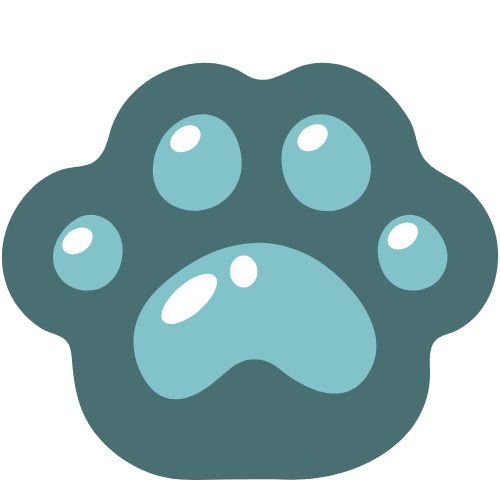Introducing The Majestic Maine Coon
The Maine Coon, often referred to as the “Gentle Giant” of cats, is a beloved and popular breed of domestic cat. Although they are not officially recognized by the American Kennel Club as a true breed, Maine Coons continue to win hearts across the globe as a loyal and fun family pet.
History and Origin
The origin of Maine Coons is a bit disputed. Some believe the cats are actually descendants of raccoons, while others believe the breed stems from long-haired cats brought to the North American continent by seafarers. Regardless of its physical origin, the Maine Coon has been documented as living in the United States since at least the mid-1800s.
Physical Appearance
Maine Coons are famous for their large size and luxurious fur. They have a distinctive rectangular body shape and face that includes big tufted ears, wide-set eyes, a long tail and extra-long hind legs. The coat of a Maine Coon can range from grey, brown and black to even shades of red, white, blue and cream. They tend to molt heavily twice a year, so regular grooming is essential.
Character and Temperament
The mighty Maine Coon is known to be both social and affectionate. They are playful and loving with children and gentle with other pets such as dogs. They are good-natured and devoted to their families, but can still be independent and have a mind of their own.
Care and Health
Though generally healthy, Maine Coons can be prone to genetic health issues such as hip dysplasia and polycystic kidney disease from which they should be regularly tested. They need regular grooming and quality nutrition to thrive.
Conclusion
The Maine Coon is a beautiful yet majestic breed that has a loyal and social nature. This breed is ideal for any home that wants a loving companion that is both active and playful. With proper nutrition, grooming and care, the Maine Coon can make an excellent addition to any family.
Maine Coon, American Kennel Club, Domestic Cat, Raccoon, Grey, Brown, Black, Red, White, Blue, Cream,hip dysplasia, polycystic kidney disease

